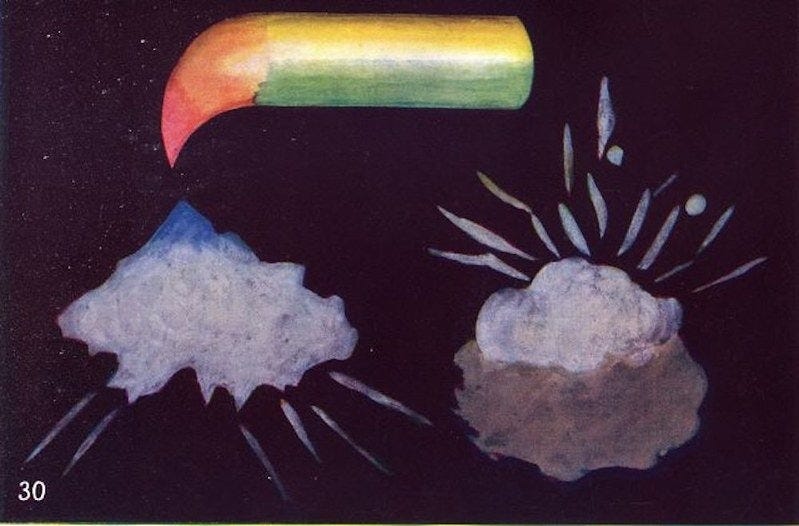Unsettled Ideas
The very many “incontrovertible truths” of the Left, dance as scholarship, the problem with public schools, and more

This week at Public Seminar, our authors flip “correct ideas” top over tail. Ujju Aggarwal discusses the social inequality of public schools. Alex Rossen explores the leftist ideology after the death of Stalin; in an essay from the archives, Michael Walzer contextualizes the theory of “morally just” war. And Megan Robinson discovers Katherine Dunham’s most powerful contribution to anthropology through dancing.
The Transformations of Katherine Dunham
Megan Robinson
In 1936, Dunham became one of the first Black women to earn a Bachelor of Philosophy at the University of Chicago. After graduating, she moved away from academia, toward a career in dance and choreography, convinced that “it is not the investigation and recording of field material that is important, but rather some practical, tangible evidence of its use and translation.” Her comment anticipates, by some 20 years, postmodern anthropology’s emphasis on how cultures change—and the role of anthropologists as “translators” who inevitably transform the culture they seek to represent.
Ideology After Marxism
Alex Rossen
In the early twentieth century, Karl Mannheim offered a different definition, contrasting utopian systems (and Mannheim thought Marxism was one) to “ideology” redefined as “an all-inclusive system of comprehensive reality,” as Daniel Bell summed up the mainstream sociological concept: “It is a set of beliefs, infused with passion, and seeks to transform the whole of a way of life.” For Mannheim, the problem with Marx and Engels was that their definition of ideology assumed they had a monopoly on truthfulness.
The Triumph of Just War Theory (and the Dangers of Success)
Michael Walzer
Some political theories die and go to heaven; some, I hope, die and go to hell. But some have a long life in this world, a history most often of service to the powers that be, but also, sometimes, an oppositionist history. The theory of just war began in the service of the powers. At least that is how I interpret Augustine’s achievement: he replaced the radical refusal of Christian pacifists with the active ministry of the Christian soldier.
The Post-Brown Realignment and the Structure of Partitioned Publics
Ujju Aggarwal
Public schools are among the last remaining public goods in the United States, and as such they are recognized by many as institutions worthy of defending—and they are. Yet public schools are also some of our most unequal institutions, marked by exclusion and segregation, and structured as well by violence, disposability, and what some have termed the school-prison nexus that works not against, or in antagonism to public education, but through it.



